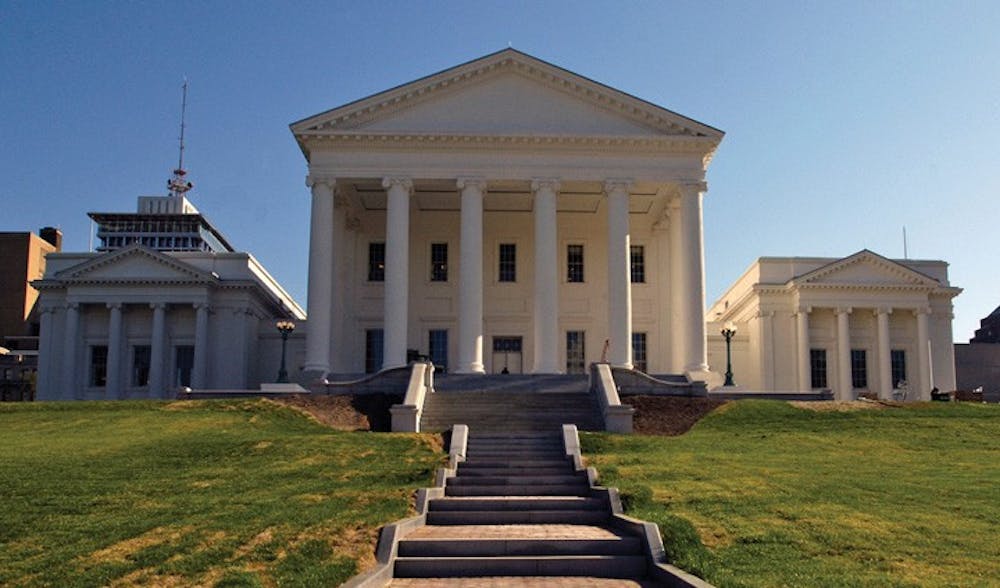Virginia’s General Assembly is in the process of crafting legislation which will alter how incidents of sexual assault are handled on college campuses.
A set of bills recently incorporated into Senate Bill 712 provide an example of how some legislators wish to sidestep the school as part of the process of an investigation into sexual assault. The senate bills would require school employees — with the exception of certain counselors, attorneys and religious officials — to notify police of an incident of sexual assault within 24 hours, even if that information was obtained in confidence.
Senators in support of the bills argue that sexual assault is a crime, and therefore criminal proceedings should be initiated immediately to have the best chance at collecting the evidence needed for a conviction.
Critics of the bills say that this approach is misguided because it overlooks the safeguards schools have at their disposal for survivors.
Claire Wyatt, a 2013 University graduate and an organizer for advocacy group New Virginia Majority, said mandatory reporting could unintentionally deter reports of sexual assault because police departments often lack the sensitivity required in rape cases.
“Ninety percent of assault survivors who go to the police have a retraumatizing moment in their initial intake questioning by police,” Wyatt said.
Many universities use administrative levers such as moving survivors between dorms to help survivors avoid interactions with their attackers. Universities may also implement “no contact” directives, which are similar to restraining orders. Though these measures carry no legal weight, they aim provide immediate protections to survivors to help foster a safer atmosphere for the student.
Wyatt said rather than face severe questioning and doubt, survivors may not speak openly with investigators. Until police departments are trained with better trauma-based investigation techniques, sexual assault survivors could face harmful revictimization under mandatory reporting, upsetting the recovery process.
House Bill 1343, introduced by Del. Eileen Filler-Corn, D-Fairfax, earlier this month, is an alternative approach to mandatory reporting. This bill strikes a better balance between protecting the community from threat and keeping the process in the hands of the survivor, Wyatt said.
The bill requires campus police and local law enforcement agencies to contact local commonwealth attorneys within 48 hours of a reported incident of sexual assault. The bill is currently in subcommittee.
“[This bill] will make it easier for students to access legal recourse and prevent police from not pushing a case forward,” Wyatt said.
House Bill 1343 has received broad support and is viewed as favorable for sexual assault survivors because it only applies to cases where the crime has already been reported. As a result, the reported cases are more likely to be prosecuted.
“Whereas [SB712] would act as a deterrent to coming forward, this bill adds an element of accountability,” Wyatt said.
Gov. Terry McAuliffe created a campus sexual assault task force last year which is set to release its findings for best practices in June. Wyatt said that once experts pinpoint specific problems, the legislature will be able to create more informed bills.






